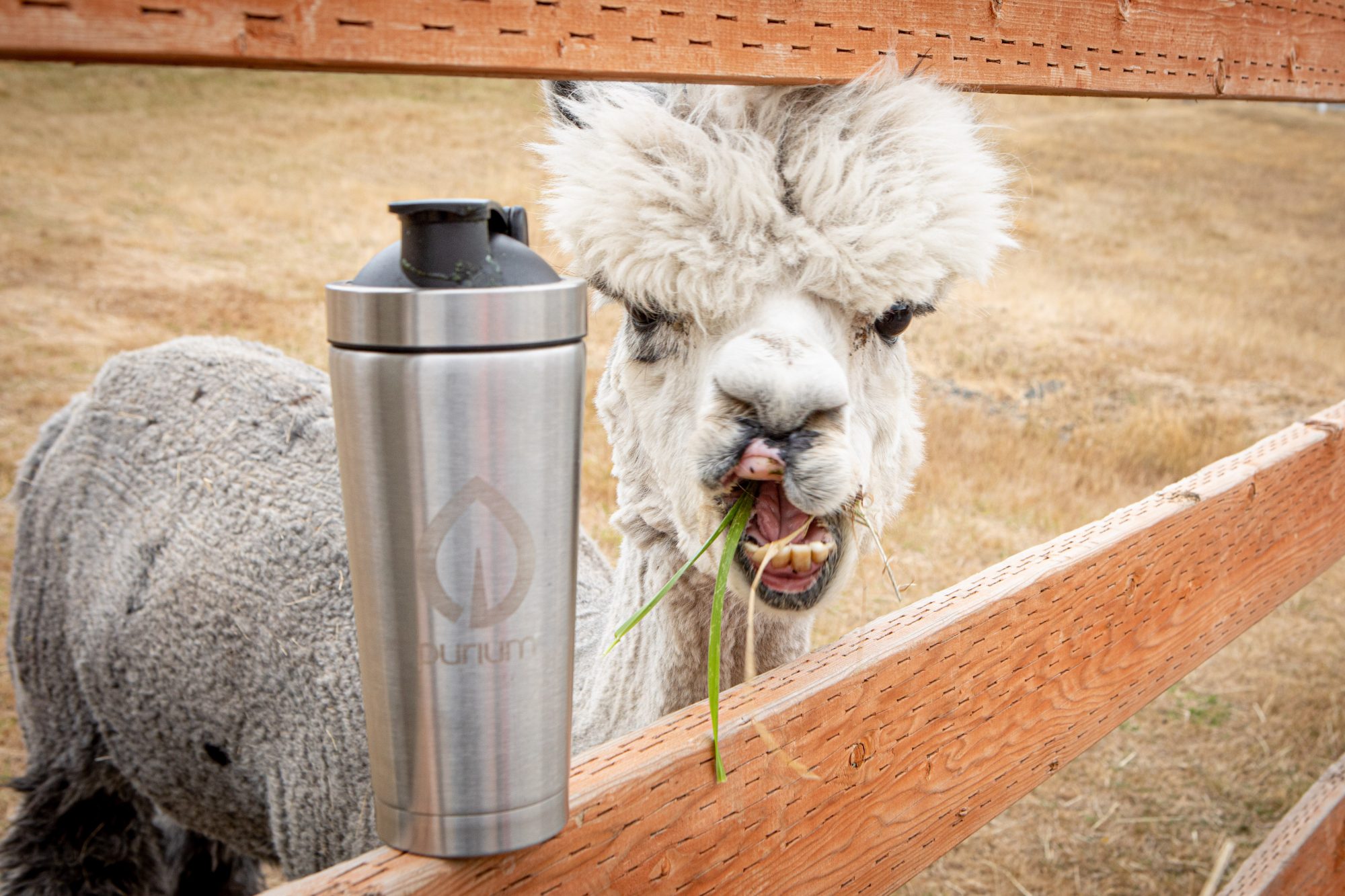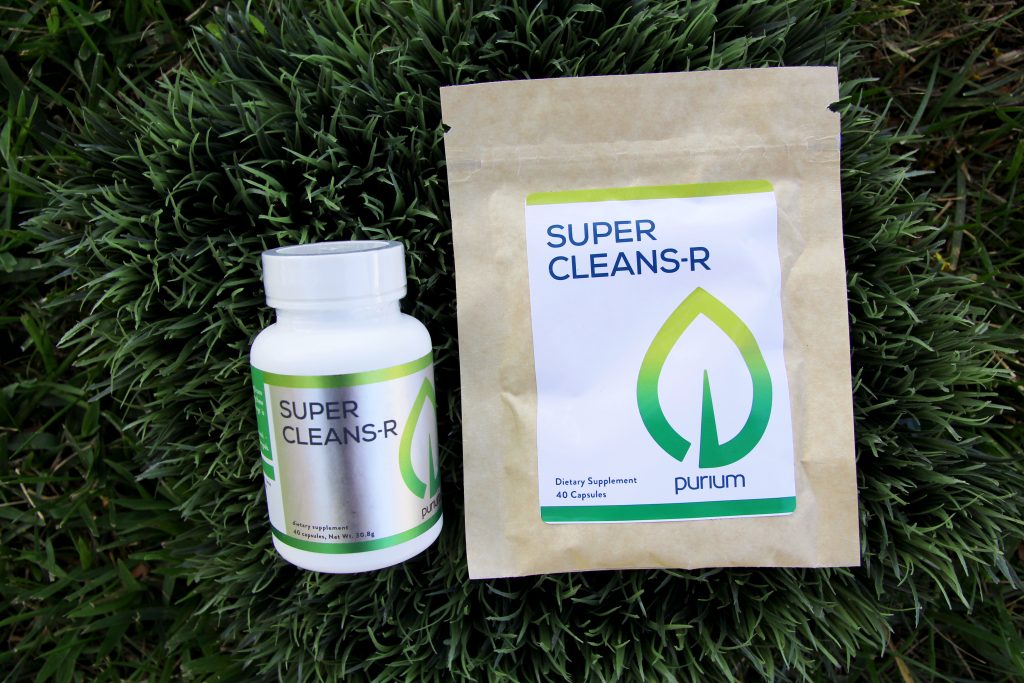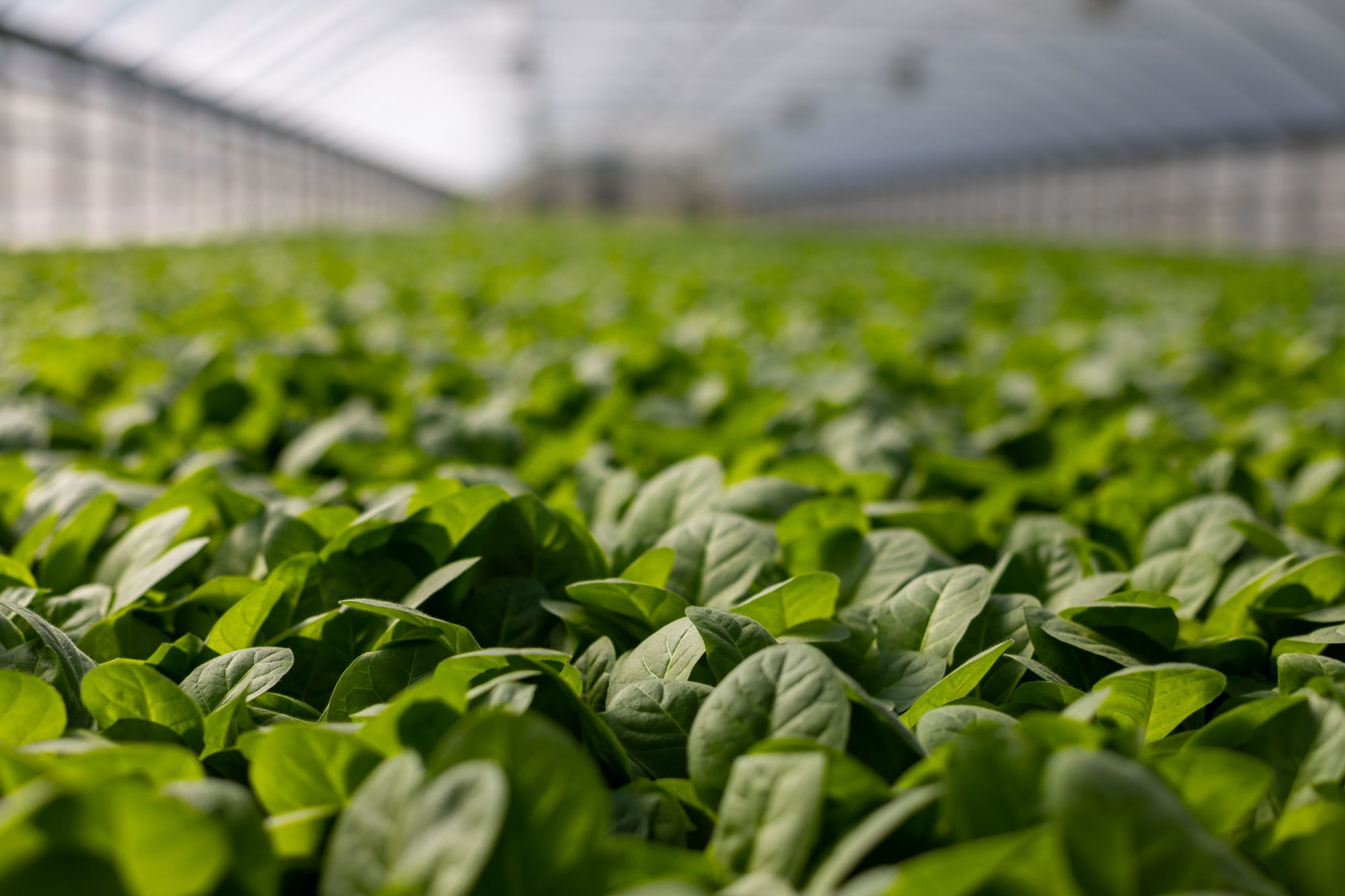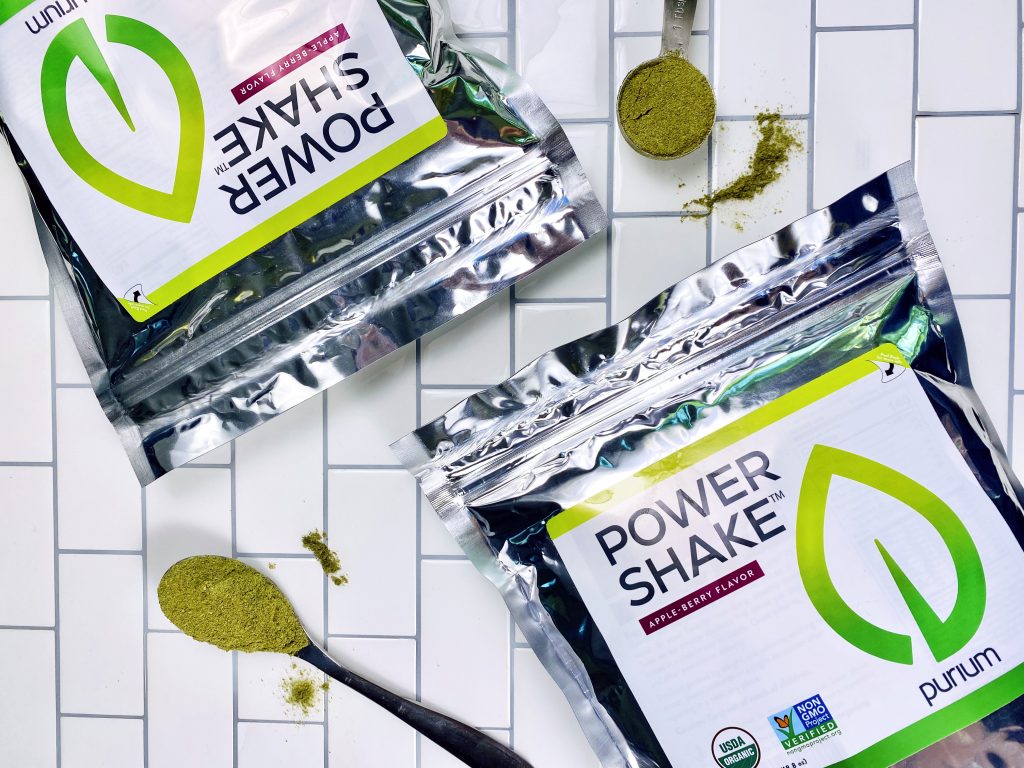At Purium, we pride ourselves on not just helping people achieve their health and wellness goals, but also doing everything we possibly can to protect our environment. Why is it so important to us? Let us show you how.
Carbon Foodprint
The devastating impacts of global warming are unavoidable, but we still have the opportunity to prevent matters from getting even worse. According to the The Intergovernmental Panel on Climate Change, if drastic change to our carbon emissions occurs, we can halt global warming to 1.5 degrees Celsius by 2050. Failure to progress in this endeavor can result in global temperatures rising up to 4 degrees Celsius which could lead to catastrophic consequences.
Why is it so crucial that we limit global warming to 1.5 degrees Celsius? It would reduce the amount of people exposed to extreme heat waves by around 420 million. Not only that, it would also significantly reduce the amount of droughts compared to 2 degrees Celsius.
We have been ahead of the game in reducing our carbon footprint, or what we like to call it, our carbon FOODprint. Watch Purium Co-Founder Dave Sandoval describe this process below:
Plastic: One Time Use, Forever an Issue
We’ve talked about the history of plastic-use and how it compares today, but here’s a little refresher. Plastic promised a future of convenience for consumers in the 1950’s, but to the planet, it provided something far more gristly.
While plastic packages can be reused , most times it is only used once before being discarded. Even then, it is not always recycled properly–ending up in landfills, the bottom of the ocean, or forever embedded in soil.
Since the 1950’s, National Geographic reports that plastic pollution has grown exponentially–from 2.3 million tons to 448 millions tons by 2015. What’s worse, that amount is still expected to increase in the future.
You may be able to see the detrimental impact of plastic waste in massive islands of trash floating in our world’s oceans, but the problem is worse than that.
Surfers Against Sewage (a grassroots group in the UK dedicated to cleaning up the ocean) reports that there could be about 5.25 trillion macro and micoplastic pieces floating in the ocean. Microplastic may not be visible to the human-eye, but they still exist. Some of these pieces are consumed by sea life. From there, they make their way into the bodies of us and our children.
The Meat Industry: One Plate’s Impact on the Planet
The food we put on our plates affects our planet, just as plastic does. Being more conscious of our food choices could help decrease our carbon footprint, reduce waste, and more.
The Environmental Protection Agency (EPA) reports that agriculture accounted for about 9% of the United State’s total greenhouse gas emissions in 2017. Of this 9%, about 4% of it comes from the meat industry, especially cattle, pork, lamb and more.
While these numbers may not seem startling, the problem is a lot bigger than you might think.
The University of Michigan’s Center for Sustainable Systems reports that meat products produce higher carbon footprints when compared to vegetables and other foods.
Just how much greater of an impact does it contribute? The University of Michigan estimates that meat takes up 47.6% the greenhouse gases emitted by average overall food consumption.
So, how does the meat industry contribute such a vast amount of emissions and potential damage to the environment? Well, here are just a few factors:
- The clearing of land for cattle and animal farms
- Vehicle-transportation of meats to and from stores, restaurants and households
- Production, manufacturing and maintenance of meat products
- Commercial and industrial waste of meat
The Solution:
Plant-Based Living
Living a more plant-based lifestyle can help the environment by decreasing your carbon footprint.
In 2019, scientists from around the world explained just how this happens in their ground-breaking report, published by the journal The Lancet (1).
Researchers suggest that when we cut our consumption of red meat, it will help ease our burden on the environment. Even substituting meat for a vegan alternative once a week is beneficial. (Check out our recipe guide!).
Think about it this way: by not choosing meat for one meal every week, you can help prevent potential emissions from that piece of food that would have sat on your plate.
Again, this may not seem like a lot of help, but when entire communities commit to working together for a long period of time, change can happen!
Plant-based living can help reduce our plastic-pollution as well!
Shop for more plants, greens and fruits rather than meats. Opting for biodegradable packaging and re-using bags and boxes while shopping for produce can help reduce the amount of plastic we waste.
Finally, heading to farmers’ markets for your weekly haul would also be beneficial.
Purium Lifestyle
Plant-based living is second nature for our Purium Tribe. Our lifestyle journey starts with limiting your food intake to mostly fruits, veggies and whole foods. Oftentimes, our customers continue to limit their meat intake long after they finish using our products to help them lose weight or cleanse.
We challenge our community to take 30-days to explore a more plant-based lifestyle. What we hope to accomplish is to help reduce the world’s reliance on commercial foods, and shift that focus to more superfoods, like kale, rice bran, coconuts, spirulina and more.
When you choose Purium, you’re choosing to:
- Help cut greenhouse meat-related greenhouse gas emissions by eating more plants
- Align yourself with a company who is steering away from plastic-packaging with BIG initiatives, like biodegradable Terra pouches and Terra packets, stainless steel accessories and getting rid of all of our plastic scoops (Check out our plastic free mission blog!)
- Cut your carbon footprint by up to half
- Inspire others to cut their own carbon footprint to aid the world
So, what do you say? Help us help the world!
Shop here.





